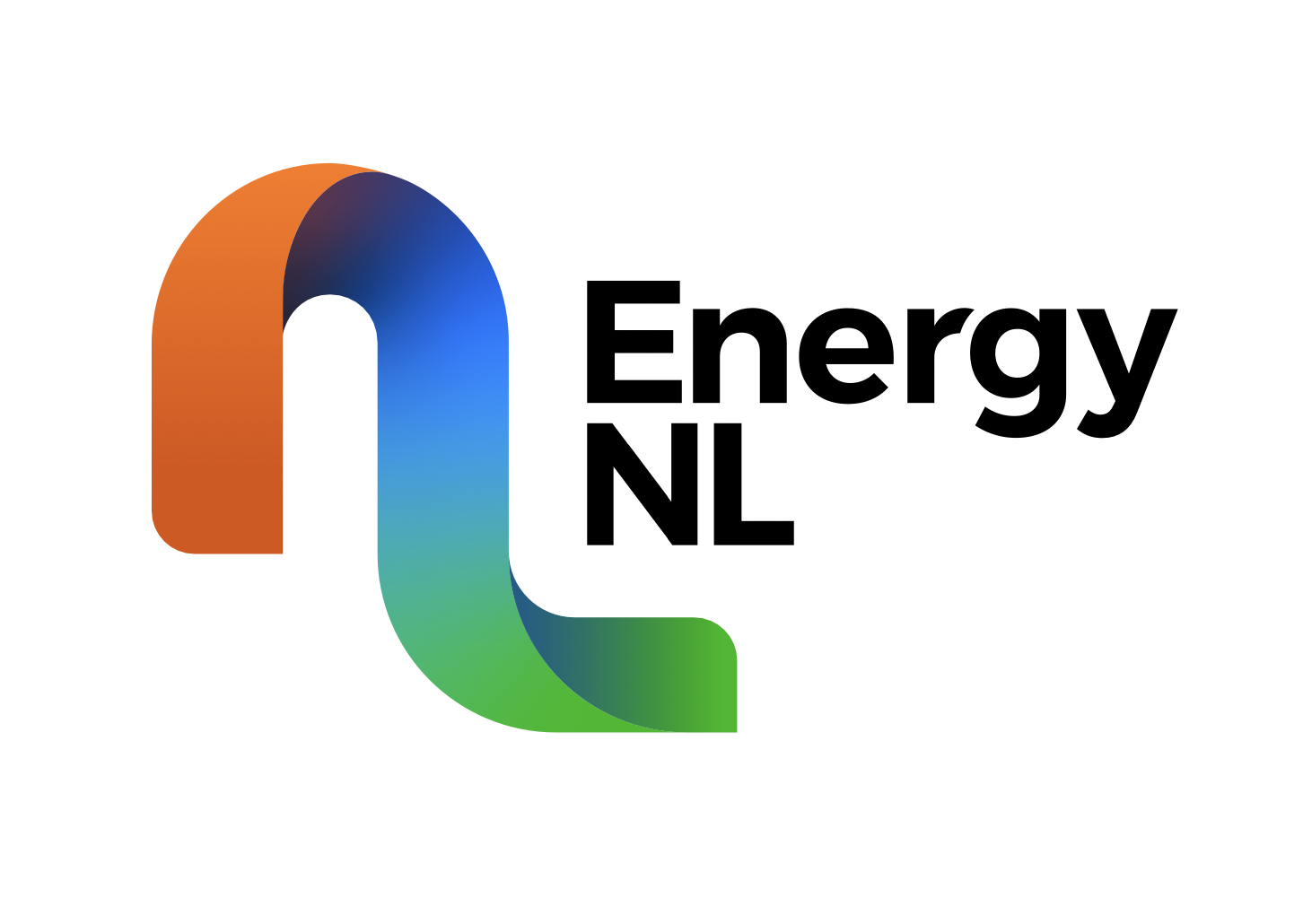Deal marks state-owned energy company’s entry into Canada’s offshore sector
In another signal that Newfoundland and Labrador’s oil and gas industry continues to rebound from a pandemic-induced slump, there’s news this week that a new player, one with worldwide influence in the liquefied natural gas industry, has entered the offshore oil sector.
State-owned Qatar Energy announced in a media release Sunday that it has signed an agreement with ExxonMobil Canada, the leading player in the province’s offshore industry, to acquire a 40 per cent ownership of exploration licence 1165A off Canada’s East Coast.
The licence, site of the Hampden prospect, is located approximately 450 km east of St. John’s, in the highly touted Flemish Pass Basin, in water depths of approximately 1,100 metres.
ExxonMobil Canada Ltd. will continue to hold a 60 per cent majority stake.
“We are pleased to conclude this agreement, which represents our first entry into offshore Canada, in an established producing basin with the leading producer in the area,” Saad Sherida Al-Kaabi, president and CEO of Qatar Energy, stated in a news release.
Al-Kaabi, who is also Qatar’s minister of state for energy affairs, added, “This builds on our strong partnership with ExxonMobil and is an important addition to our growing international exploration portfolio.”
Drilling planned for next year
In May 2020, the West Aquarius rig began drilling for ExxonMobil at the Hampden prospect, but operations were suspended after a week, without explanation.
ExxonMobil has been on the hunt for a semi-submersible rig to complete the exploration well — known in the industry as a wildcat — next spring and summer.
For industry insiders, the arrival of Qatar Energy is a notable development for a sector that slumped badly during the COVID-19 pandemic, with major projects stalled or cancelled, and some questioning whether the industry would survive over the long term. The transition away from fossil fuels is also gaining traction in order to combat climate change, and the pandemic has forced oil companies to slash exploration spending by roughly 30 per cent.
“We know we do have something that Qatar Energy is interested in,” Jim Keating, CEO at the Oil and Gas Corporation of Newfoundland and Labrador, told CBC News on Monday.
Located in the oil-rich Middle East, Qatar is the world’s largest supplier of liquefied natural gas, or LNG, and is undertaking a strategy to boost production significantly over the next five years to meet the growing market for LNG.
Until just a few weeks ago, Qatar Energy was known as Qatar Petroleum. The company has rebranded as part of a strategy to focus on environmentally friendly technology such as capturing and storing carbon dioxide, its chief executive told Reuters earlier this month.
“It’s more of a reflection of what we’re actually doing that wasn’t reflected by the name that we had,” said al-Kaabi.
Companies seeking ‘advantaged oil,’ says CEO
Keating said companies like Qatar Energy are in search of what’s been labelled “advantaged oil,” which can be produced at low cost and with minimal carbon emissions.
The fact Qatar Energy is turning its attention to the Flemish Pass Basin is further proof that oil off Newfoundland and Labrador’s shores has a place in a low-carbon future where net zero emissions are being pursued across the globe.
Even with ambitious emission reduction targets, Keating said, there will be a need for 950 billion barrels of oil over the next three decades, and 30 per cent of that oil has yet to be discovered.
High-cost oil with high production emissions will not be appealing to producers because it’s no longer competitive, or wanted, in a low-carbon society, he added.
“They want low-cost barrels and they want barrels that have low emissions, and I think Newfoundland and Labrador offers that opportunity to companies like Qatar Energy,” he said.
A partnership between oil and gas giants like ExxonMobil and Qater Energy “shows there is some significant capabilities and financial weight in our offshore,” Keating added.
ExxonMobil led the way in developing Newfoundland and Labrador’s offshore, and operates both the Hibernia and Hebron oil fields. It’s been broadening its attention to the Flemish Pass Basin, a frontier area where other majors discoveries have been made, including Equinor’s Bay du Nord discovery.
Observers have described the Hampden well as one of the world’s most attractive offshore prospects.
“They [Qatar Energy] have seen the geology. They would agree with our folks here at OilCo that it has a great deal of prospectivity,” said Keating.
Keating is confident that if planned exploration in the offshore occurs in the coming years, there will be significant, commercially viable discoveries, leading to more producing fields.
“Our prospectivity is second to none,” he said.
Source: CBC | This text was excerpted from the media outlet cited on October 26, 2021 and is provided to Noia members for information purposes only. Any opinion expressed therein is neither attributable to nor endorsed by Noia.





